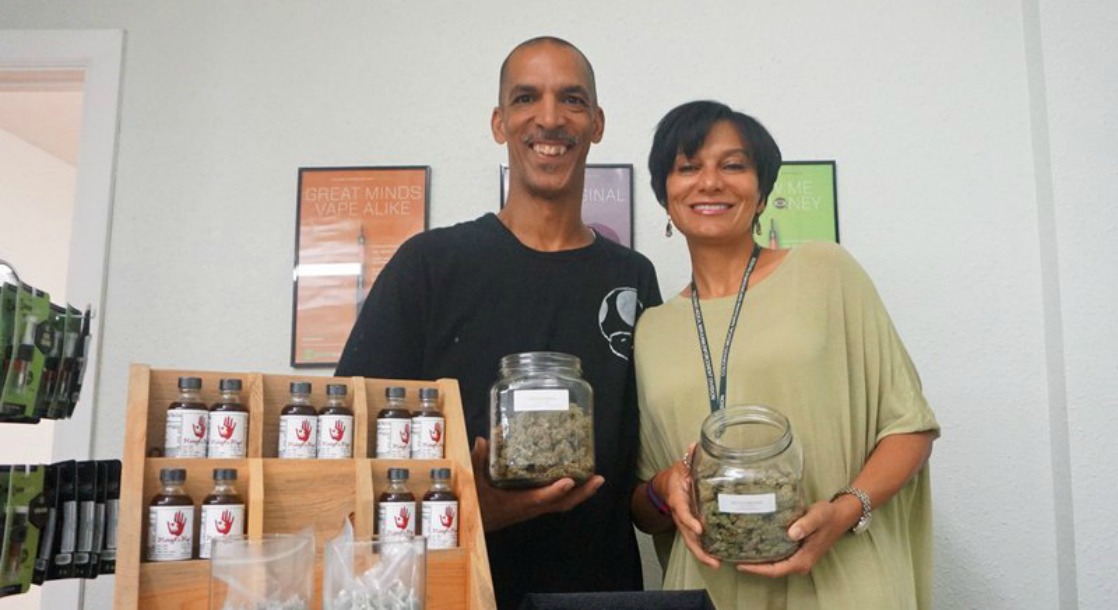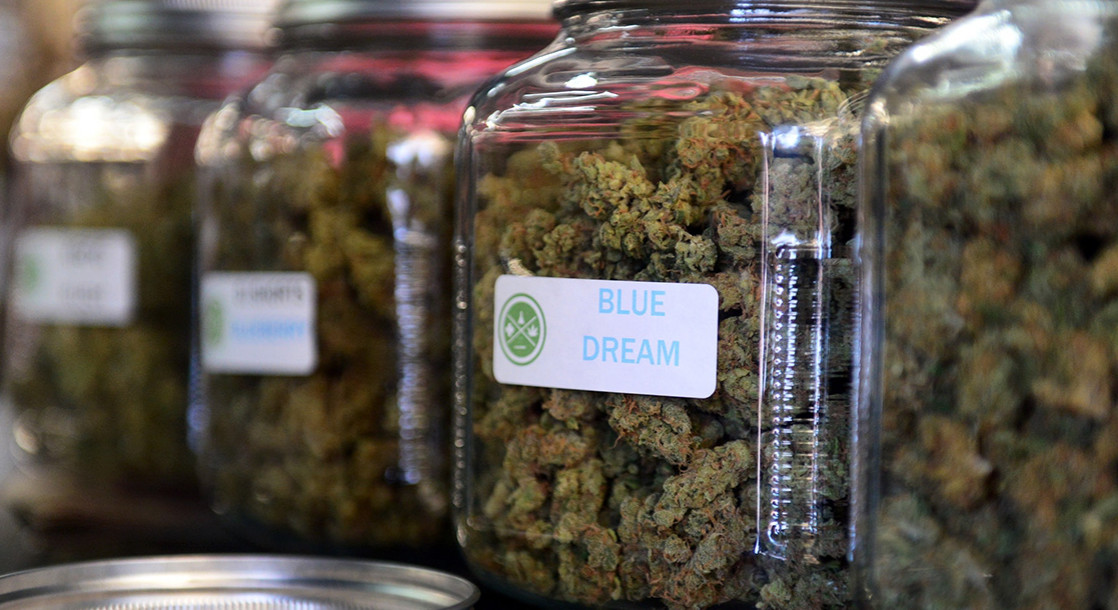America’s cannabis industry has long been hostile to people of color. While the mostly white farmers of Northern California were hiding massive farms from prying feds, black Americans just hours away in Oakland, San Francisco, and across the country have faced decades of racist policing that has ruined lives, filled jails, and attached permanent criminal records for no reason other than the color of their skin.
But as medical and recreational cannabis legalization laws spread from the Golden State to New England and almost everywhere in between, equity programs and changing attitudes have sparked a changing of the guard. In the final installment of Marijuana Business Daily’s three-part look at women and minorities in the cannabis industry, researchers found that only 17% of the country’s legal weed businesses are led by minority executives.
The data comes from a survey of 567 people who self-identify as marijuana industry “senior executives or owners/founders” and further breaks down the industry by business type. And while 17% is a higher percentage of minority executives and owners than corporate America on a whole, there are still some glaring inequalities in the still burgeoning cannabis industry.

Cannabis investing firms, for example, come in at only 12% minority leadership, and when it comes to recreational and medical dispensaries, only 13% are run by people of color. Conversely, almost 25% of wholesale cultivation businesses are led by minority executives.
In an attempt to add more diversity to the industry, local governments and advocacy groups in legal weed states are pushing racial equity provisions and business incentives for the communities that have been hit hardest by America’s continually failing war on drugs.
Oakland, California is doing their part by setting aside half of the city’s marijuana business licenses for those who have been convicted of cannabis-related crimes; a population that is overwhelmingly made up of black residents. In Maryland, continued lawsuits have made equality considerations a focus in the state’s medical marijuana licensing process.
And while those initiatives are commendable, the issue of diversity in the cannabis industry starts with America’s systemically racist justice system. Only once police stop using marijuana as an excuse to persecute black and brown Americans will we be able to have any semblance of cannabis equality.











